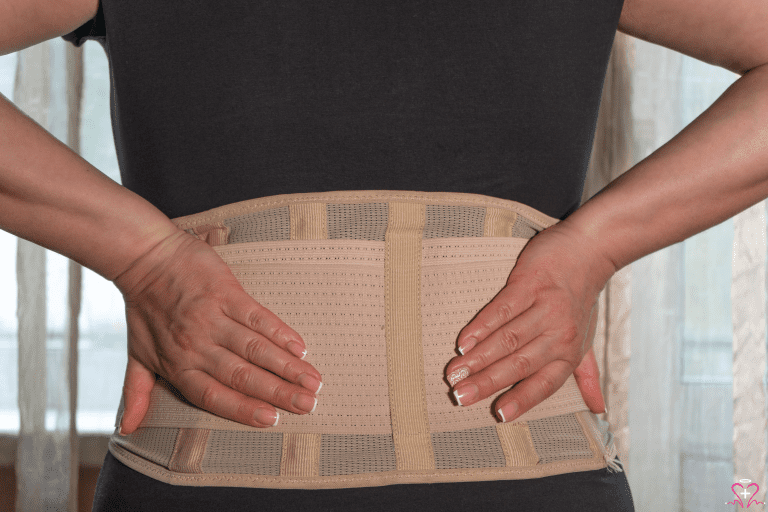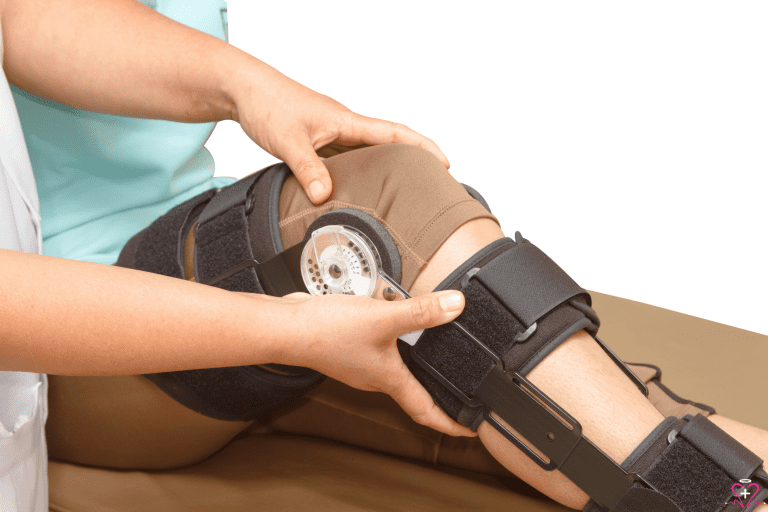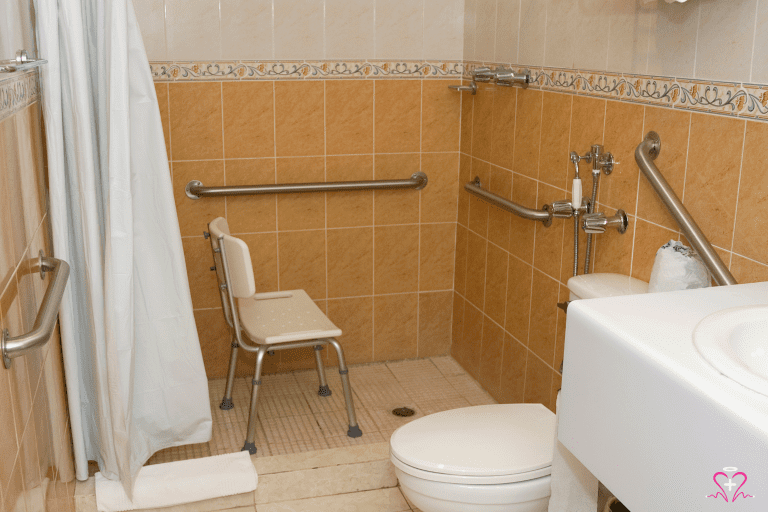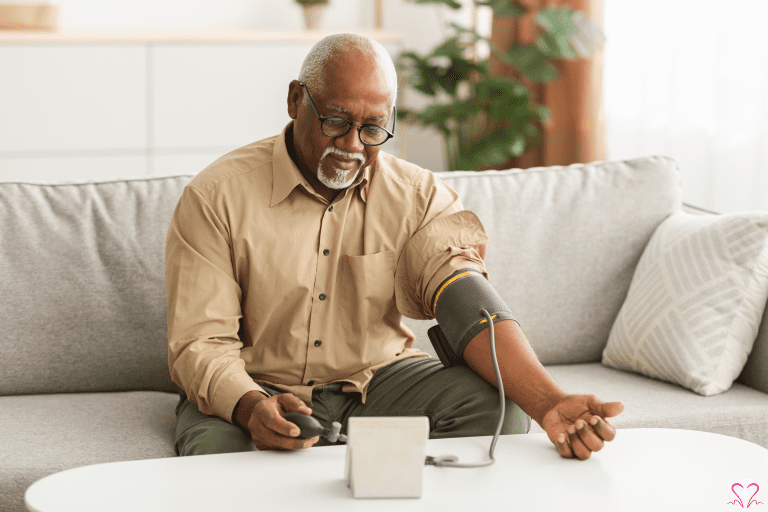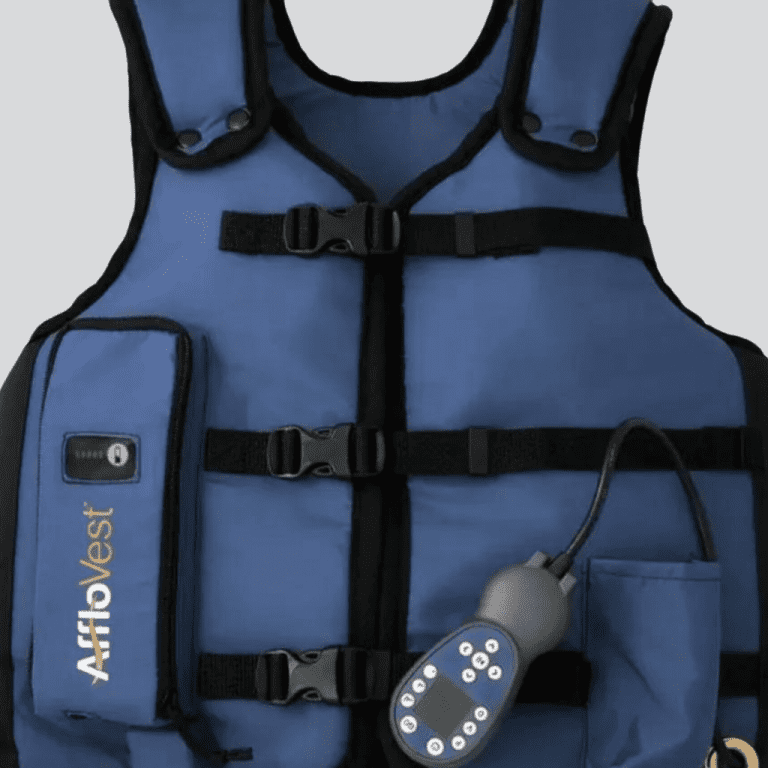Seniors, Mobility-Impaired Individuals, and More
Although often associated with older adults, shower chairs cater to a wide demographic. Seniors commonly use them due to age-related balance, vision, and strength concerns, but those recovering from orthopedic surgeries or dealing with chronic pain can also find relief. Imagine a scenario where standing for the entire duration of a shower exacerbates hip or knee pain; a well-fitted seat transforms bathing into a manageable experience. Similarly, individuals with neurological conditions—like Parkinson’s or multiple sclerosis—often struggle with sudden tremors or fatigue. Shower chairs give them a stable base, reducing the likelihood of falls triggered by muscle spasms or loss of coordination.
Beyond these cases, pregnant women in their third trimester may find a shower chair reassuring if dizziness or changes in balance arise. Some mental health or cognitive challenges might also necessitate this support if the individual becomes disoriented in the shower environment. Ultimately, the chair’s primary purpose is to mitigate physical strain and create a more relaxed routine, so anyone uneasy about standing in a wet, slippery setting stands to gain. Whether it’s a short-term fix post-injury or a long-term solution for degenerative conditions, shower chairs help maintain personal hygiene without risking further harm.
Caregiver and Family Benefits
Because showering is a private activity, many users prefer to limit outside help. By providing a seat, caregivers can step back from being hands-on, preserving the individual’s sense of dignity. Even if assistance is required—such as scrubbing hard-to-reach areas—the presence of a stable seat means caregivers can focus on washing rather than preventing falls. This setup reduces stress for both the care recipient and the caregiver, fostering a calmer, more respectful dynamic. In situations where multiple family members assist a loved one, a standardized approach using the chair ensures consistency across different caregivers.
- Joint Pain Sufferers: Chronic conditions like rheumatoid arthritis or osteoarthritis become easier to manage when weight-bearing tasks are minimized.
- Post-Surgical Recovery: Patients recovering from hip, knee, or spinal procedures avoid undue strain on healing tissues.
- Cognitive and Neurological Challenges: Dementia or stroke survivors often need the safety net a seated position provides.
- Expectant Mothers: A seat helps when balance shifts dramatically in later pregnancy stages.
- Temporary Disabilities: Individuals with sprained ankles or foot injuries can continue daily hygiene without risking re-injury.
In short, shower chairs offer a universal solution. Their versatility spans an array of health contexts, from common aches to complex neurological impairments. By enhancing safety, they empower users to maintain or reclaim independence in a daily ritual like bathing. Those who adopt shower chairs often report feeling more at ease, less rushed, and happier with their overall hygiene routines, highlighting the profound impact of this seemingly simple piece of home medical equipment.

